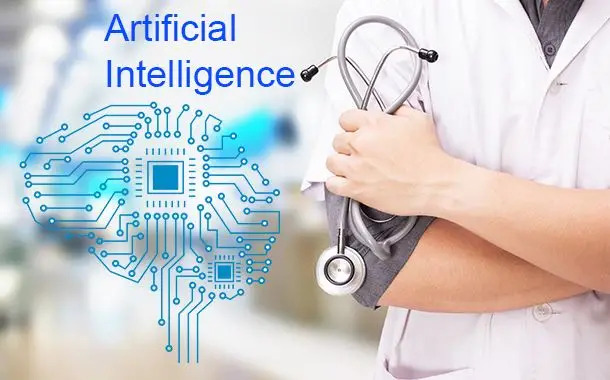India has shown significant interest and potential in adopting AI in healthcare. Several initiatives and developments have taken place to promote the use of AI in the country's healthcare sector.
Here are a few key points
1 . Government Initiatives -The Government of India has recognized the importance of AI in healthcare and has launched various initiatives. For instance, the National Institution for Transforming India (NITI Aayog) has published a discussion paper on the use of AI in the healthcare industry.
2. Research and Development - Indian institutions and organizations have been actively involved in research and development related to AI in healthcare. This includes academic institutions, research labs, and startups focusing on healthcare AI solutions.
3. Telemedicine and AI Chatbots - The COVID-19 pandemic has accelerated the adoption of telemedicine and AI-powered chatbots in India. These technologies have been used to provide remote healthcare consultations, support diagnosis, and offer medical advice.
4. Medical Imaging and Diagnostics- AI algorithms have been developed and deployed in India to assist with medical imaging analysis, such as interpreting X-rays, CT scans, and MRIs. These algorithms help in faster and more accurate diagnoses.
5. Disease Prediction and Early Detection: AI has been used to analyze large volumes of healthcare data to predict disease outbreaks, identify patterns, and aid in early detection. This can help in proactive healthcare management and resource allocation.
While India has made progress in adopting AI in healthcare, there are still challenges to address such as;
A. Infrastructure and Connectivity: India lacks healthcare infrastructure, particularly in rural areas, such as power supply, unstable internet connectivity, and outdated healthcare systems. These factors may limit the effective implementation of AI technologies.
B. Data Quality and Availability: High-quality data is crucial for training AI algorithms and generating accurate outputs. However, India faces challenges related to data quality and standardization.
C. Skilled Workforce: Developing and deploying AI systems in healthcare requires a skilled workforce, including data scientists, AI experts, and healthcare professionals who can effectively utilize and interpret AI-generated insights.
D. Ethical and Regulatory Frameworks: Integrating AI in healthcare needs robust ethical and regulatory frameworks to ensure patient privacy, data security, and accountability. The government needs to establish guidelines, standards, and policies for AI implementation in healthcare.
E. Affordability and Accessibility: Making AI-driven healthcare solutions accessible and affordable for all segments of society is a significant challenge in a country as diverse as India.
Addressing these challenges requires a comprehensive approach involving collaboration between the government, healthcare providers, technology companies, and other stakeholders to develop innovation, and appropriate policies, and ensure the responsible and effective integration of AI in healthcare in India.

 Artificial Intelligence (AI) holds immense promise for revolutionizing healthcare delivery and improving patient outcomes in India. However, the integration of AI into the healthcare system poses several challenges that need to be addressed for successful implementation
Artificial Intelligence (AI) holds immense promise for revolutionizing healthcare delivery and improving patient outcomes in India. However, the integration of AI into the healthcare system poses several challenges that need to be addressed for successful implementation










.jpeg)




.jpeg)

.jpg)













